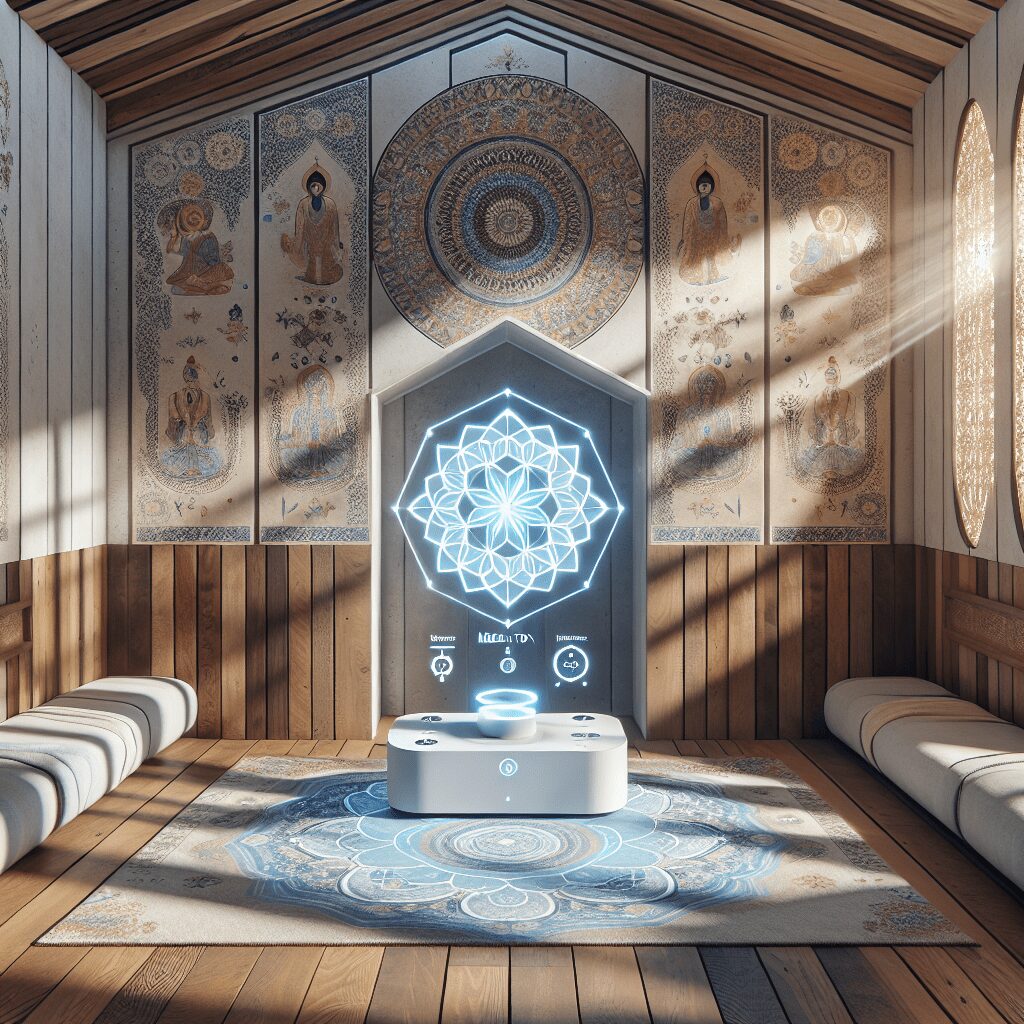
Prioritize your mental well-being daily. Enhance your life by nurturing your mental health with the Smart Meditation app. Break free from stress, alleviate anxiety, and enhance your sleep quality starting today.
What Is The Theory For The Evolution Of Anxiety Disorders?
The Puzzle of Anxiety Disorders: Unraveling Evolution’s Code
In the labyrinth of mental health, anxiety disorders represent a particularly perplexing cluster of conditions. These disorders, which include generalized anxiety disorder (GAD), panic disorder, and various phobia-related disorders, affect millions worldwide. But have you ever paused to ponder why such seemingly debilitating conditions are so prevalent? The answer may be hidden in the relics of our evolutionary past.
Anxiety’s Ancient Roots: A Survival Mechanism?
At first glance, it might seem counterintuitive to suggest that something as seemingly maladaptive as anxiety could have evolutionary benefits. Yet, when we peel back the layers of human history, a fascinating theory emerges, suggesting anxiety might have been a survival tool passed down through generations.
The Sentinel Hypothesis posits that in the dangerous environments of our ancestors, extra vigilance could mean the difference between life and death. Imagine you’re a Paleolithic human; every rustle in the grass could be a predator, and the cost of ignoring it could be fatal. In this context, those with a heightened sense of anxiety may have been more likely to survive and pass on their genes. In essence, anxiety could have functioned as an early warning system, constantly scanning the environment for threats.
The Modern Misfit: Anxiety in Today’s World
However, like a fish out of water, what once was a beneficial trait in the wild can become maladaptive in today’s society. This brings us to the Mismatch Theory of anxiety disorders. The fundamental premise here is that our rapid societal evolution has outpaced our biological evolution. In simpler terms, we’re cavemen and cavewomen living in a digital world.
Our brains, still wired for the Savannah, encounter daily stressors that are far different from those of our ancestors. Deadlines replace predators, and social scrutiny takes the place of survival struggles. Yet, the ancient alarm system within us responds as if these modern stresses are life-threatening, leading to the chronic, often crippling manifestations of anxiety many experience today.
Breaking Down the Brain-Body Barrier
Further adding to the complexity, research has started to unravel how the physiological elements of anxiety (like the flight-or-fight response) can have far-reaching impacts on our overall health. Elevated stress hormones like cortisol can wreak havoc on the body, complicating the narrative of anxiety disorders from merely a psychological concern to a holistic health issue.
Navigating Anxiety’s Evolutionary Labyrinth
So, where does this leave us? Understanding the evolutionary basis of anxiety disorders does not provide an immediate cure, but it does offer valuable insights. It emphasizes the importance of treating anxiety not as a personal failure but as a vestige of our survival mechanism that has misfired in the context of modern life.
Here are some pathways forward:
- Acknowledging the past: Recognizing the evolutionary roots of anxiety can foster empathy and reduce stigma around mental health disorders.
- Adapting treatment approaches: This understanding can inform holistic treatment plans that address not only the mind but also the body, considering how ancient responses to stress affect contemporary individuals.
- Promoting resilience: Strategies that focus on building resilience and stress management skills could be particularly effective, given they align with equipping individuals to handle the mismatch between our evolutionary programming and modern life’s demands.
Embracing the complexity of anxiety disorders through the lens of evolution underscores a critical message: these conditions are not a personal failing but a reflection of humanity’s long and arduous journey through time. As we continue to unravel the mysteries of our minds, perhaps we can learn not only to fight these ancient shadows but also to understand them as a part of our collective heritage, guiding us toward more compassionate and effective approaches to mental health.





